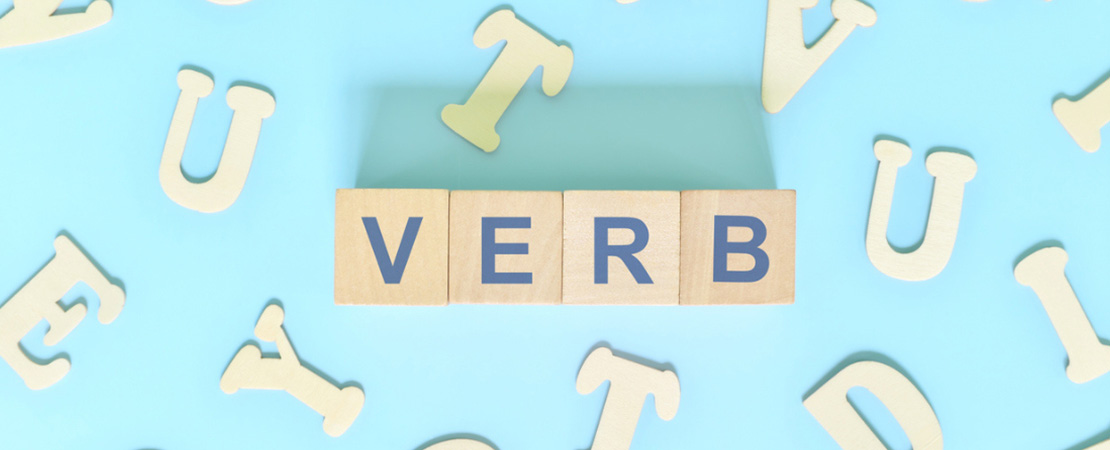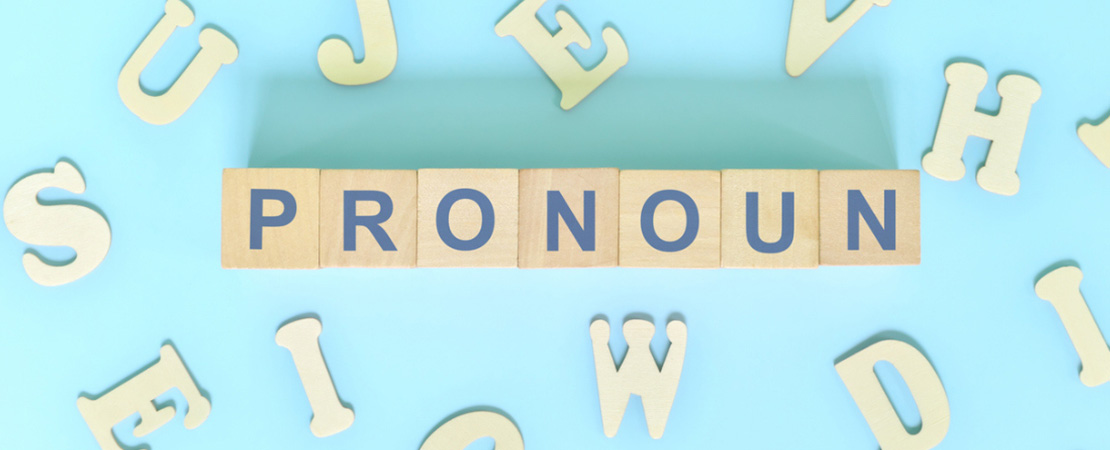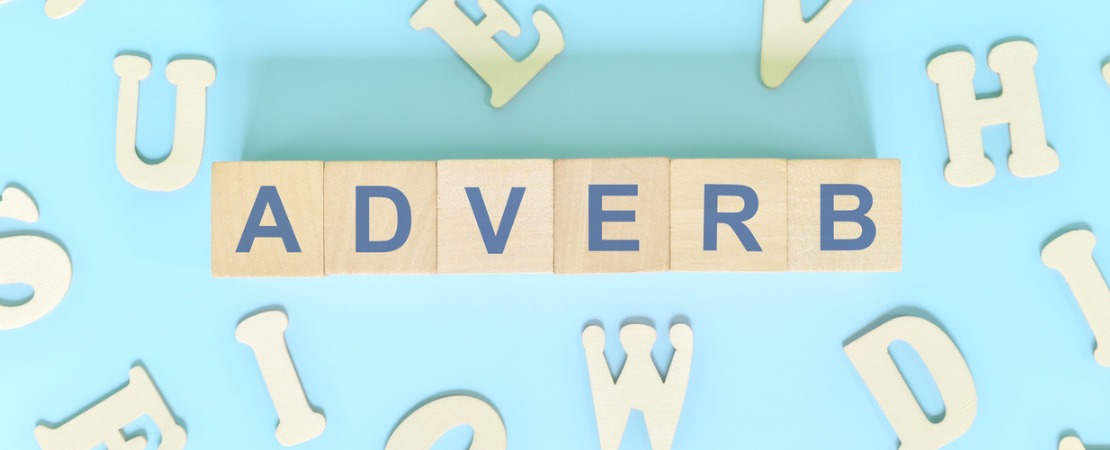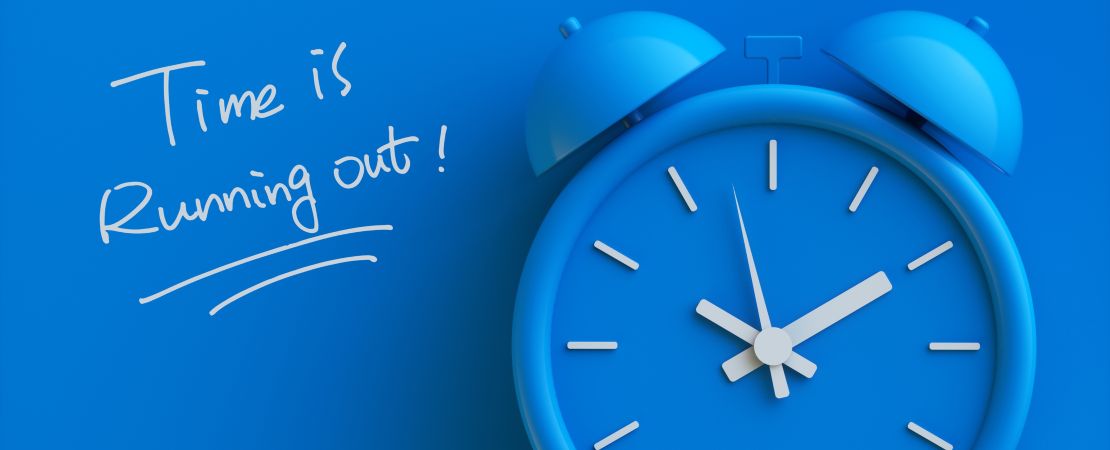
Uso del verb to be
January 11, 2024
Sin lugar a dudas el verb to be es uno de los más importantes de la lengua inglesa. Por eso mismo, hemos decidido dedicarle un apartado especial dentro del blog de Open English España, para poder ayudarte a resolver todas las dudas que normalmente tienen nuestros estudiantes. ¡Allá vamos!
Qué és el verb to be
Básicamente, lo que debemos saber sobre el verb to be, es que es el que correspondería en castellano con “ser” y ” estar:
- Ser
My cat is the king of the house = Mi gato es el rey de la casa
- Estar
It is hot today = Hoy está haciendo calor
Esto sería la definición más sencilla del verbo to be, pero, es cierto que podemos usarlo en otros contextos y con otros significados. En tu curso de inglés en línea descubrirás que también es muy común hablar de estos dos:
- Haber
Is there any news? = ¿Hay noticias?
- Poder (permiso)
He is not to open the door to strangers: Él no puede abrirle la puerta a extraños

Usos principales del verbo to be
Teniendo en cuenta lo que acabamos de mencionar, podemos, además, hablar de 2 usos claros del verb to be:
- Verbo: Sirve para mencionar una acción o estado del sujeto en cualquier tiempo. Tal y como se muestra en los ejemplos de arriba.
- Verbo auxiliar: Se usa en compañía de otros verbos. Cuando esto pasa, cobra el significado de que la acción o estado está pasando justo en ese momento y para ello usamos el verbo principal con la terminación -ing.
- I’m going to the cinema
- She is working hard
Recuerda que si tienes dudas, puedes acudir a tus clases de inglés online y nuestros profesores nativos te ayudarán a resolverlas o a ver en mayor profundidad aquellos puntos que te cuesten más.
Conjugación del verbo to be
Ahora que ya sabemos lo más importante, es el momento de pasar a aprendernos la conjugación del verb to be en inglés. Apunta bien porque te vamos a dar unas clases de inglés gratis en este mismo post, ya que si sigues leyendo aprenderás los siguientes tiempo:
- Presente
- Pasado simple
- Futuro simple
- Presente perfecto
- Pasado perfecto
- Futuro perfecto
- Condicional
- Condicional perfecto.
- Además incluimos sus formas afirmativas, negativas y de pregunta.

Verb to be en Presente
| Afirmativo | Negativo | Pregunta |
| I am | I am not | Am I? |
| You are | You are not | Are you? |
| He / She / It is | He / She / It is not | Is he / she / it? |
| We are | We are not | Are we? |
| You are | You are not | Are you? |
| They are | They are not | Are they? |
Verb to be en Pasado simple
| Afirmativo | Negativo | Pregunta |
| I was | I was not | Was I? |
| You were | You were not | Were you? |
| He / She / It was | He / She / It was not | Was he / she / it? |
| We were | We were not | Were we? |
| You were | You were not | Were you? |
| They were | They were not | Were they? |
Por cierto, recuerda que en nuestra página web siempre puedes hacer una prueba de nivel de inglés gratis para saber qué tal vas, en qué áreas debes mejorar y cuáles dominas a la perfección. Quizá te pueda venir muy bien como punto de partida para poder cumplir tu meta de este año de hablar inglés como si fueras bilingüe.
Verb to be en Futuro simple
| Afirmativo | Negativo | Pregunta |
| I will be | I will not be | Will I be? |
| You will be | You will not be | Will you be? |
| He / She / It will be | He / She / It will not be | Will he / she / it be? |
| We will be | We will not be | Will we be? |
| You will be | You will not be | Will you be? |
| They will be | They will not be | Will they be? |
Puede que en este punto pienses que no dominas del todo cada uno de estos tiempos verbales, no te preocupes. Lo primero que te recomendamos es que descubras cuáles son los niveles de inglés en España para que te hagas una idea de en cuál estás. Quizá sí que es el momento de realizar nuestra prueba de nivel y así obtener un resultado con claridad que te permita saber si lo que estás aprendiendo es acorde a tus conocimientos del idioma 🙂
Verb to be en Presente perfecto
| Afirmativo | Negativo | Pregunta |
| I have been | I have not been | Have I been? |
| You have been | You have not been | Have you been? |
| He / She / It has been | He / She / It has not been | Has he / she / it been? |
| We have been | We have not been | Have we been? |
| You have been | You have not been | Have you been? |
| They have been | They have not been | Have they been? |
Verb to be en Pasado perfecto
| Afirmativo | Negativo | Pregunta |
| I had been | I had not been | Had I been? |
| You had been | You had not been | Had you been? |
| He / She / It been | He / She / It had not been | Had he / she / it been? |
| We had been | We had not been | Had we been? |
| You had been | You had not been | Had you been? |
| They had been | They had not been | Had they been? |
Verb to be en Futuro perfecto
| Afirmativo | Negativo | Pregunta |
| I will have been | I will not have been | Will I have been? |
| You will have been | You will not have been | Will you have been? |
| He / She / It will have been | He / She / It will not have been | Will he / she / have been? |
| We will have been | We will not have been | Will we have been? |
| You will have been | You will not have been | Will you have been? |
| They will have been | They will not have been | Will they have been? |
Verb to be en Condicional
| Afirmativo | Negativo | Pregunta |
| I would be | I would not be | Would I be? |
| You would be | You would not be | Would you be? |
| He / She / It would be | He / She / It would not be | Would he / she / it be? |
| We would be | We would not be | Would we be? |
| You would be | You would not be | Would you be? |
| They would be | They would not be | Would they be? |
Verb to be en Condicional perfecto
| Afirmativo | Negativo | Pregunta |
| I would have been | I would not have been | Would I have been? |
| You would have been | You would not have been | Would you have been? |
| He / She / It would have been | He / She / It would not have been | Would he / she / it have been? |
| We would have been | We would not have been | Would we have been? |
| You would have been | You would not have been | Would you have been? |
| They would have been | They would not have been | Would they have been? |
Y ahora para terminar, ¡juguemos! Vamos a repasar todo lo aprendido. ¿Te atreves con estos ejercicios?
Presente Simple:
- I ___ a student.
- She ___ my sister.
- They ___ at home.
Pasado Simple: convierte las oraciones en pasado simple
- I am happy. → I ___ happy.
- She is tired. → She ___ tired.
- They are at the park. → They ___ at the park.
Futuro Simple:
- I ___ going to the store tomorrow.
- She ___ at the party next week.
- They ___ excited about their vacation.
Presente Perfecto:
- I __ never ___ to Paris.
- She ___ to New York several times.
- They ___ tired because they have been working all day.
Pasado Perfecto: Cambia las siguientes oraciones al pasado perfecto
- I was at home. → I ___ at home.
- She was in the garden. → She ___ in the garden.
- They were at the party. → They ___ at the party.
Futuro Perfecto:
- I will have finished my work by then.
- She ___ cooking for two hours by the time we arrive.
- They ___ friends for ten years next month.
¡Te leemos en comentarios!








Me interesa conocer más del verb be futuro
¡Hola, María!
¡Gracias a ti por seguir nuestro contenido! 💙 Puedes encontrar más información sobre este tema ingresando al siguiente link 👉🏻. https://www.openenglish.com/blog/es/futuro-simple-en-ingles/